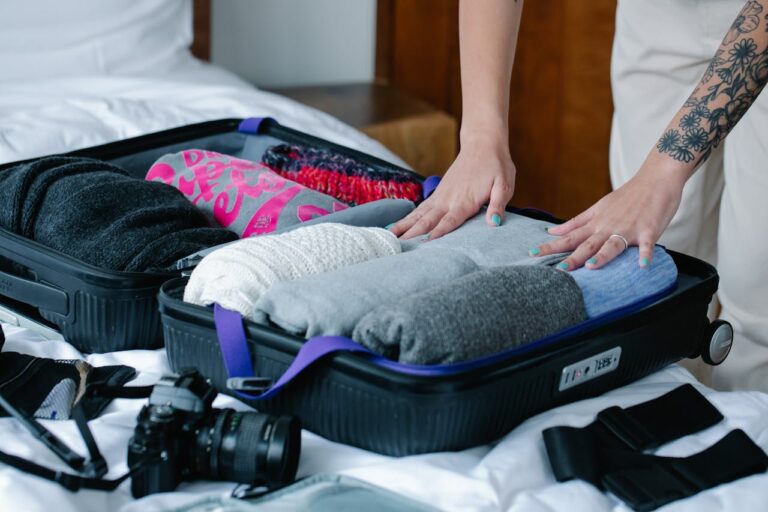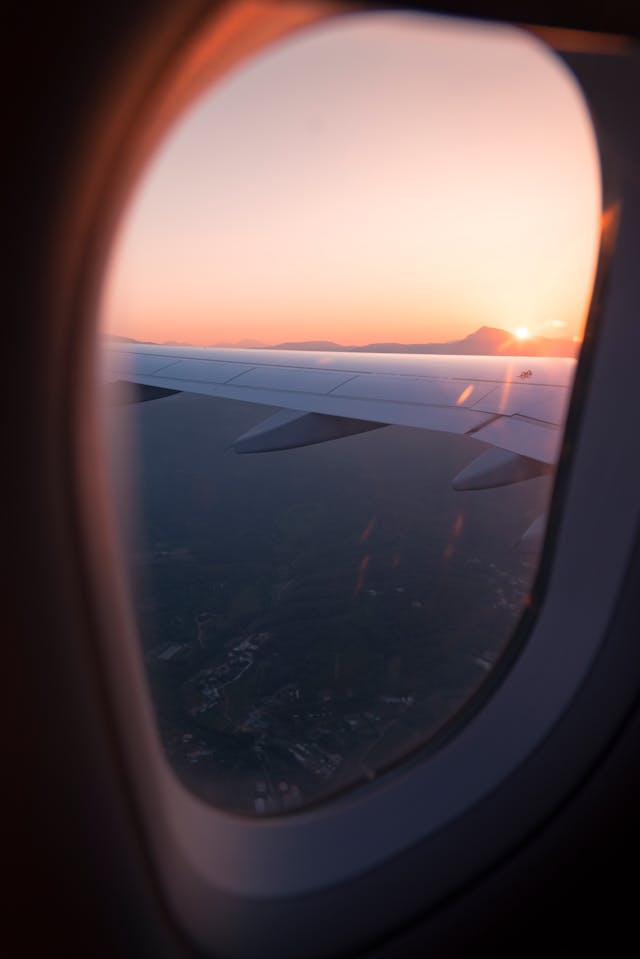Write Us: hello@ali5.org
Sleep Better While Traveling: Real Tips from Restless Travelers
Sleep better while traveling with real advice from seasoned travelers. Learn practical hacks to beat jet lag, find comfort in unfamiliar beds, and get quality rest anywhere.

For some people, the idea of sleeping anywhere but home is exciting. For others, it’s a recipe for tossing, turning, and staring at the ceiling at 2 a.m. Whether it’s jet lag, noisy streets, or a hotel mattress that feels like concrete, getting quality sleep on the road can be a challenge.
The good news? You’re not doomed to sleepless nights every time you travel. With a few smart strategies learned the hard way by frequent travelers, you can rest easier and wake up ready to enjoy your trip.
Here’s how.
1. Fix Your Sleep Before You Leave
If your sleep schedule is already a mess at home, travel will only make it worse. A week before you go, start adjusting your bedtime and wake-up time toward your destination’s time zone.
- For eastward travel: Go to bed and wake up an hour earlier each day.
- For westward travel: Shift an hour later each day.
This gradual adjustment helps your body clock ease into the new schedule before you even board the plane.
2. Be Strategic with Flights
If possible, choose flights that align with your destination’s daytime. Arriving late at night makes it easier to crash right away, while midday arrivals often tempt you into naps that wreck your adjustment.
And avoid booking overnight flights unless you can sleep on planes; otherwise, you’re just setting yourself up for exhaustion.
3. Limit the amount of light
Light is the best way for your body’s clock to tell time. Get the most out of it:
- The morning light helps you wake up and get back on time in your area.
- Evening darkness cues your body to wind down.
If your room doesn’t have blackout curtains, bring a sleep mask. If you’re waking up groggy, get outside into sunlight as soon as possible.
4. Bring Your Sleep Kit
Restless travelers swear by having a personal “sleep kit” in their bag:
- Earplugs or noise-canceling headphones
- Sleep mask
- Small travel pillow
- Comfortable sleepwear you love
The familiarity signals your brain that it’s time to rest, even in a strange bed.
5. Watch What You Eat and Drink
Travel often means eating late, trying heavy meals, or sampling caffeine-loaded local drinks. That’s fine, just avoid big meals, alcohol, and caffeine in the two to three hours before bed.
They can disrupt deep sleep and leave you waking up groggy. Instead, opt for lighter snacks in the evening.
6. Move During the Day
One of the best ways to sleep well is to make sure your body is actually tired. Walk instead of taking taxis, take the stairs, and explore on foot when possible. Physical activity helps regulate your sleep cycle and makes it easier to fall asleep at night.
7. Create a Wind-Down Routine
Just like at home, your body benefits from a predictable “time to sleep” ritual. It doesn’t need to be elaborate:
- Take a warm shower.
- Read a few pages of a book.
- Do a short meditation or deep breathing.
Repeating the same cues signals your brain that it’s safe to relax even in an unfamiliar place.
8. Don’t Fight a Bad Night
Sometimes, no matter what you do, you won’t sleep well. Maybe the street noise is relentless or the AC unit rattles like a drum.
Instead of stressing over it, accept that it’s one night. Get out of bed, read or listen to calming music for 20 minutes, then try again. A bad night’s sleep won’t ruin your trip if you keep your stress in check.
9. Nap Smart
If you’re jet-lagged or had a rough night, a short nap can help, but keep it under 30 minutes and avoid napping late in the day. Long naps make it harder to fall asleep at night and prolong jet lag.
10. Adjust Your Expectations
Your sleep might not be the same when you’re traveling as when you’re at home. It’s not necessary to sleep properly every night; the goal is to get enough rest to feel like you can do things.
Seasoned travelers know that some disruption is part of the deal, and they plan for recovery days when possible.
Quick Sleep Troubleshooting
- Noisy environment? Layer earplugs with white noise on your phone.
- Uncomfortable bed? Ask for extra blankets to use as padding.
- Can’t switch off your mind? Write down your thoughts in a notebook before bed.
- Too hot or cold? Instead of depending only on the room’s temperature controls, change your clothes and bedding.
Why sleep is more important when you’re traveling
Sleep isn’t just about being relaxed; it’s also about how your trip goes. When you don’t get enough sleep, your mood, your patience, and even how much you enjoy food and activities change. You can focus better in a museum and have more energy on a hike after getting enough sleep.
Consider this: you’re spending time and money to be here. Don’t let not getting enough rest make the event seem fuzzy.
Last Thoughts
It’s hard to sleep well when you’re moving, but it’s worth it. You can get a good night’s sleep if you plan, take charge of your environment, and are open to change.
Before you go on a trip, don’t just bring clothes. Bring the things and habits that will help you sleep anywhere. Because your trip will feel better if you rest well.







